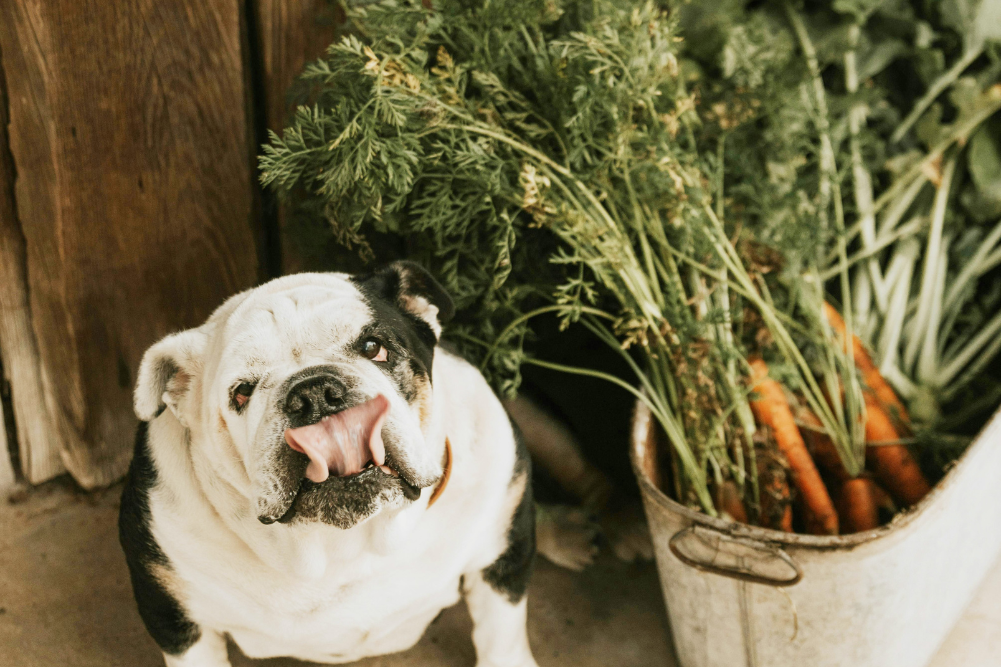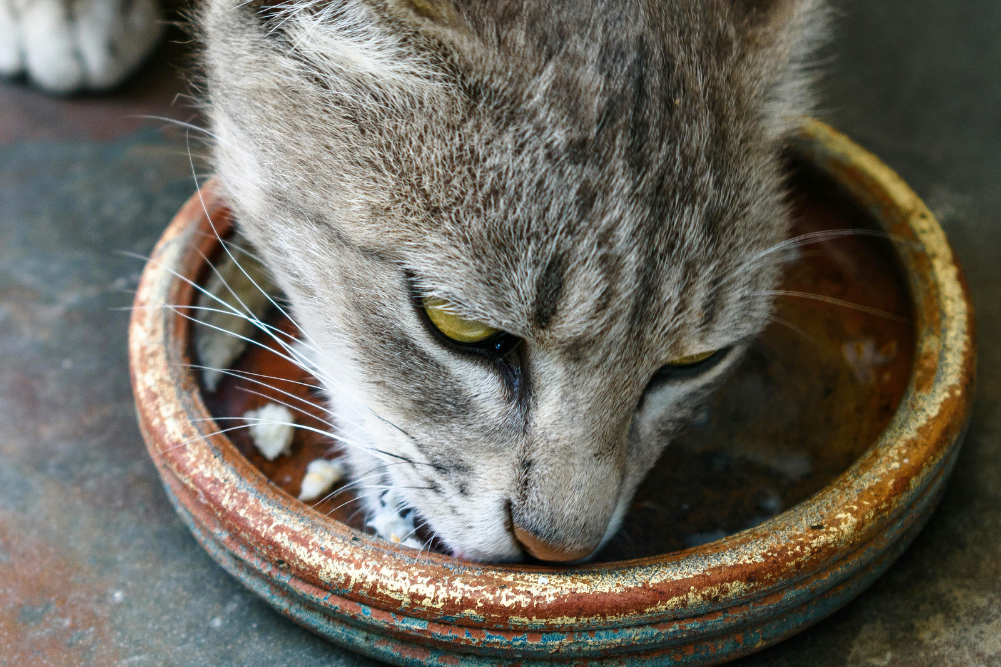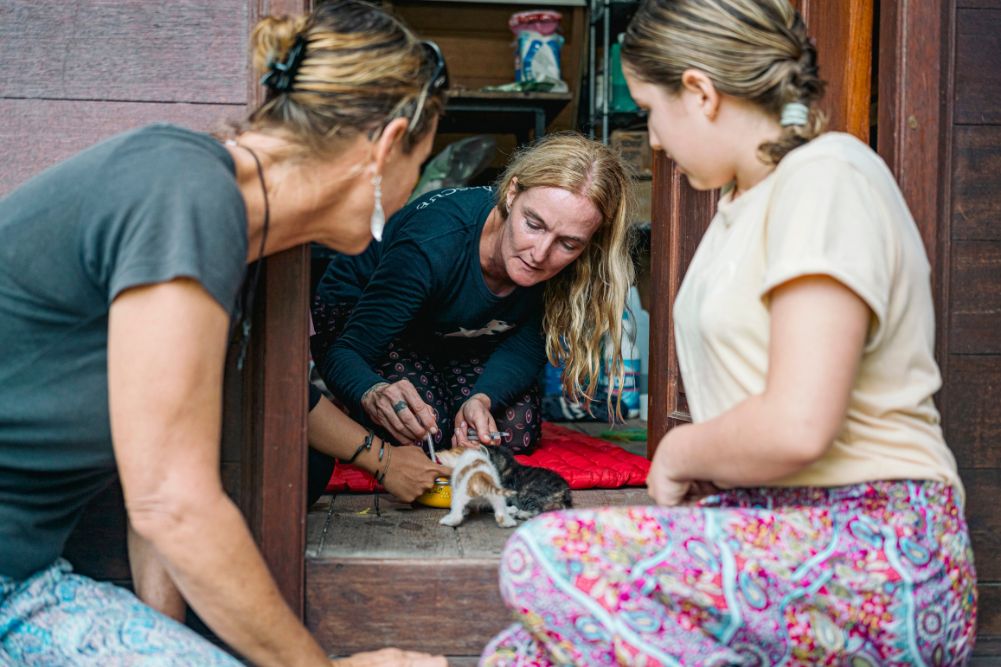Cat poo
If you have a cat, no doubt you love it. You love its moods, its occasional disdain for you, the moments when it loves you (usually closely related to food) and its independence. For all that though there is the distinct possibility that your cat could be making you sick. It is nothing to do with potential allergies but has everything to do with your cat’s poo.
Cats are popular pets worldwide. Since they were first domesticated around 10,000 years ago cats have taken hold of the human consciousness. It is estimated that there are more than 500 million cats worldwide. The number of pet cats in the US is estimated to be around 82 million, there are nine million pet cats in the UK and in Australia around three million pet cats exist. In China and Latin America cat ownership is increasing and estimates are that worldwide 62 per cent of cats sleep with their adult owners while 13 per cent sleep with children. This feline popularity though does have consequences.
Estimates are that in the US alone 1.2 metric tonnes of cat poo are produced and deposited each year. This is not just an olfactory problem or an issue for the soles of your new joggers, it is a health issue too. The problems come because cat poo can contain oocysts for the organism Toxoplasma gondii. Oocysts are thick-walled capsules developed by these sporozoans to allow them to spread and when this organism spreads it causes a disease called toxoplasmosis.
Toxoplasmosis in its basic form expresses as flu-like symptoms including fever, sore throat, swollen lymph glands, headache and tiredness. A majority of people might have no symptoms at all but if your immune system is weak then it can be a problem and for people with severe immune deficiency such as cancer patients, people with HIV or those on immune-suppressive treatment it can lead to more severe symptoms such as confusion, co-ordination problems and seizures. If a pregnant woman becomes infected, there is a 30 per cent chance that the foetus will also be infected and that increases the risk that the baby may have jaundice, serious eye infections, enlarged liver and even seizures.
Cats become infected with Toxoplasma when they eat infected birds, mice and other small mammals. The oocysts then spread via the cat’s poo.
So if you have a pet cat that stays indoors all the time and never catches a bird or mouse then it is probably Toxoplasma free. However, if your cat spends time outside then there is a chance it is infected. You need to be very careful when cleaning the litter tray and even when gardening if your furry darling has deposited some gifts around the garden.
Aside from the personal health issues of cats of course, there are the environmental health issues to think of. Every cat is considered to kill between five and 30 animals a night. The millions of feral cats worldwide are an increasing problem for native wildlife populations and domestic cats allowed to wander free only add to the problem. All the signs are then that it is best for everyone to keep puss close to home.







